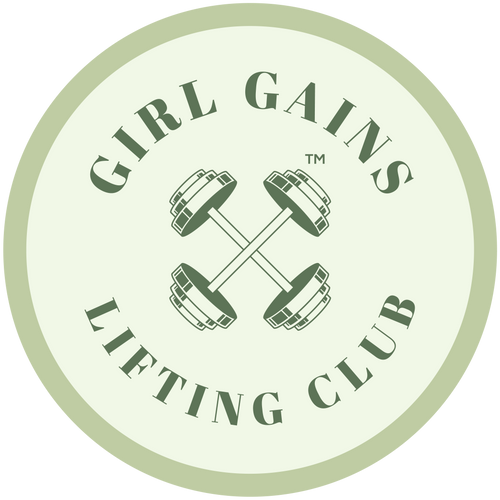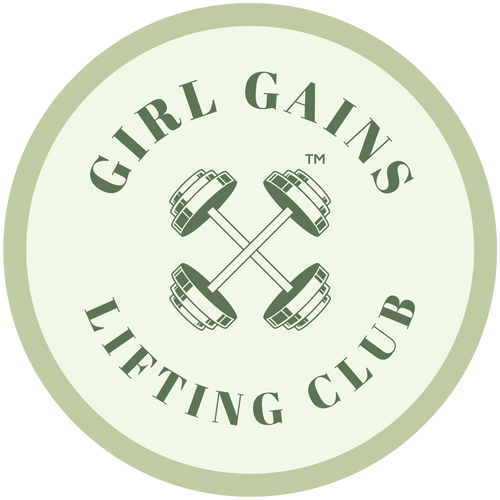“The finding that when we study hundreds of people over their entire adult lives, the people who turn out to be the happiest and the healthiest, are those who have good, warm connections to others,” was eloquently expressed by psychiatrist Dr. Robert Waldinger during his TED Talk in 2023. Dr. Waldinger leads the Harvard Study of Adult Development, one of the longest-running studies following the same group of people over an impressive span of 80 years. With a quick search you could find countless published studies analyzing relationships, health, and happiness. So, what do the happiest people have in common?

“What the happiest people have in common is not their income, political affiliations, or upbringing…”
What Makes People Happy?
After conducting some research, it becomes clear that the happiest of us feel a strong sense of community, possess meaningful personal relationships, and often have some level of religious affiliation (a community). Physical fitness is also a recurring theme among the happiest people, with many of them being over the age of 60 (Zitner, 2023). So, what is the underlying factor that ties all these elements together? It is the power of good relationships in regulating stress, which ultimately maintains our physical health and happiness.
Stress, whether stemming from a challenging workday, anxiety, or a personal setback like a breakup, has a direct impact on our physical bodies, brain function, heart health, hormones, inflammatory response, and sleep patterns. However, having just one person in our lives whom we can rely on, someone we could call at any hour for assistance, can help us navigate life's daily challenges without constantly triggering that gut-sinking fight-or-flight response. The assurance that we can reach out to a friend at the end of the day alleviates stress. Nevertheless, it is important to note that all types of relationships contribute positively to our mental well-being (especially because loneliness is a subjective experience, different personalities are satisfied by unique levels of socialization). Therefore, we should strive to make the most of our interactions, whether it be with colleagues at work, strangers on the subway, classmates, familiar faces from the grocery store or the gym, or our cashiers. Taking the initiative to engage in conversations is a valuable investment we can make daily; life is too short to wait for someone else to take the first step.
The Role of Fitness
In essence, it is quintessential to practice social fitness, similar to how we dedicate ourselves to physical fitness. Just like we wouldn't expect to maintain a lifetime of physical fitness from a single week of exercise, we must consistently cultivate our social connections. Immersing ourselves in communities that align with our interests— whether through volunteering at a local animal rescue, joining a book club, starting a band, or taking a dance class (with the Girl Gains community being an obvious standout)—allows us to find like-minded individuals who genuinely care about the same things we do. By intentionally placing ourselves in these types of environments and being open to forging new relationships, we can all cultivate social fitness.
As someone frequently exposed to the fitness industry through social media, I often find myself fixating on my physical appearance or sense of obligation as a motivator. However, psychiatrist Kelly McGonigal from Stanford University reminds us that movement not only makes us physically stronger and healthier but also enhances our happiness, sociability, and confidence. She states, 'Whether you run, swim, dance, bike, lift weights, do yoga, or participate in team sports, the benefits extend far beyond mere physical strength and health' (O'Neill, 2020). For me, joining my university's club swim team has been one of the most rewarding experiences during my college experience. Mondays are hard, but at least I know I can anticipate our team lift and swim practice, knowing that I will be surrounded by individuals who share my passion. It’s a club sport, and it’s a community.
"These connections are the foundation of what keeps us happy and healthy."
In the spring, the Wall Street Journal funded a poll at the University of Chicago. Participants were asked a straightforward question: Are you very happy, pretty happy, or not too happy with your life? Over half of the respondents chose 'pretty happy,' while 12% selected 'very happy.' Here are some insights from a few of those 'very happy' individuals.

“Are you very happy, pretty happy, or not too happy with your life?”
1. Eighty-year-old Andrea developed a strong passion for women's health throughout her life and finds happiness engaging in meaningful projects for her community. She says she’s not happy when she doesn’t have a project.
2. Larry, a 77-year-old self-proclaimed loner, lives near his family and has one close friend. He derives fulfillment from taking care of his brother's dog when needed, saying, 'If you're a loner and just stay in your place, you'd be miserable.'
3. LaTasha, a 35-year-old community activist, prioritizes social justice and organizes events to bring her community closer together. Her guiding principle is to 'only worry about what you can control,' allowing her to preserve her inner joy even in the face of others' road rage.
The Conclusion
The overarching idea here is that what the happiest people have in common is not their income, political affiliations, or upbringing. Instead, it is their commitment to maintaining both physical and mental fitness daily, with a particular emphasis on nurturing relationships. So don’t wait until you’re retired to prioritize your health and happiness; all of us should strive to stay socially, physically, and mentally fit throughout our lives. The significance of human connections should never be underestimated, these connections are the foundation of what keeps us happy and healthy.
Sources:
O’Neill, S. (2020, January 4). Hope, happiness and social connection: Hidden benefits of regular exercise. Npr.org. https://www.npr.org/sections/health-shots/2020/01/04/790346204/hope- happiness-and-social-connection-hidden-benefits-of-regular-exercise
TED. (2023, January 10). The Secret to a Happy Life — Lessons from 8 Decades of Research | Robert Waldinger | TED. Www.youtube.com. https://www.youtube.com/watch?v=IStsehNAOL8
Zitner, A. (2023, April 21). They’re the Happiest People in America. We Called Them to Ask Why. Wall Street Journal. https://www.wsj.com/articles/happiest-people-america-poll-ef7c854c
Welcome to the Girl Gains Publication 💌
We highlight inspiring, educational, and entertaining articles written by women for women. Happy reading!




